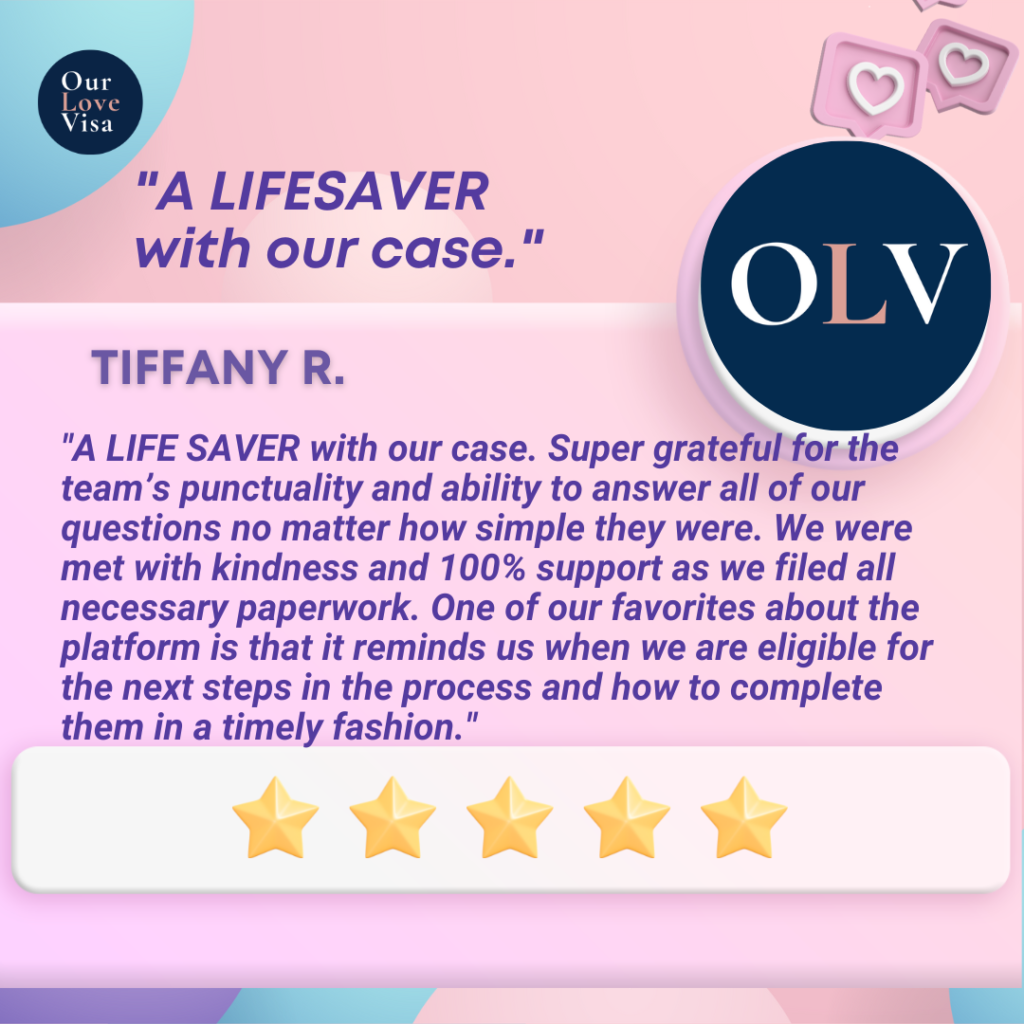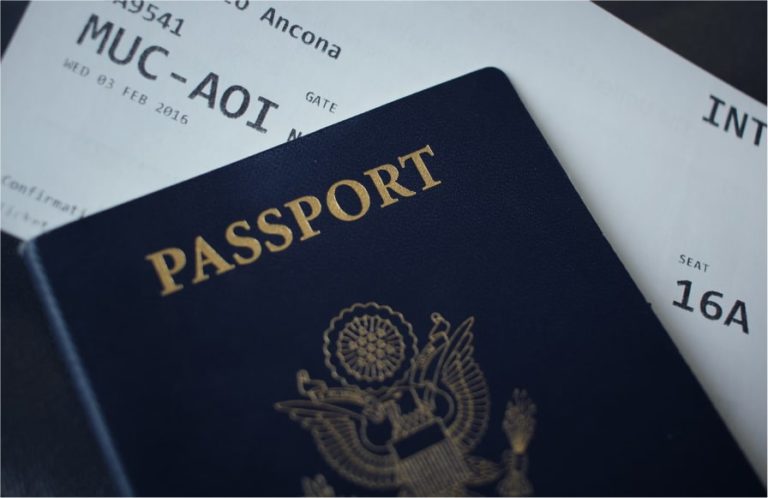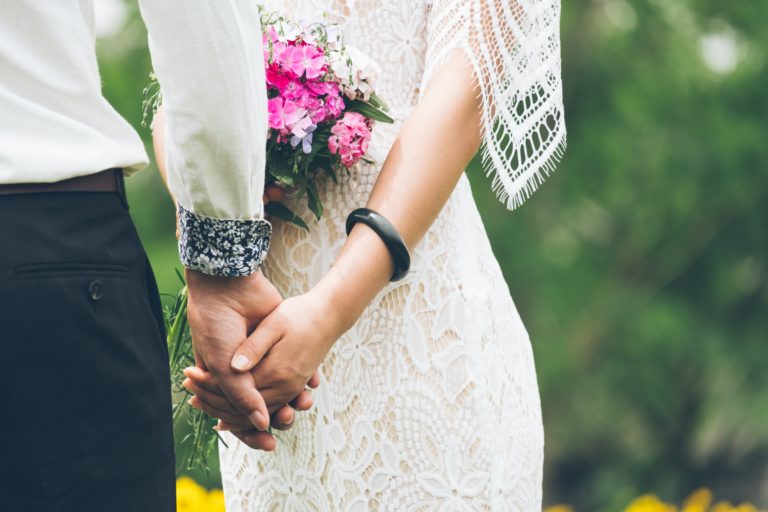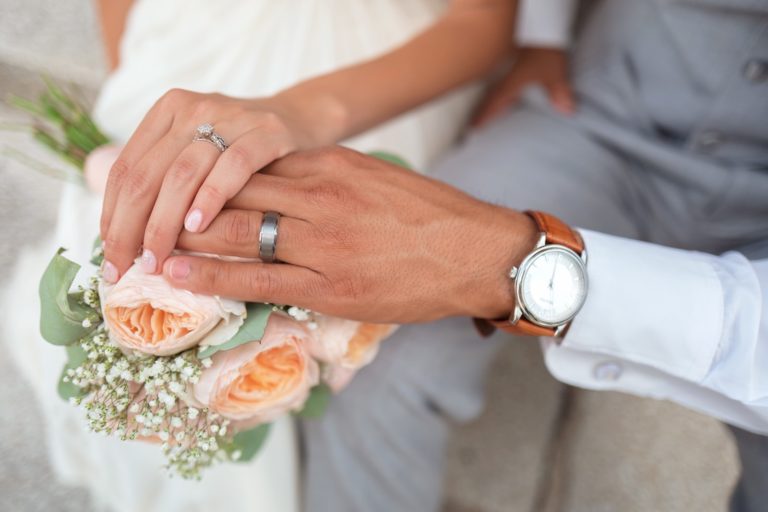Marriage Green Cards for DACA Recipients
Can DACA recipients get a marriage green card?
If you are on DACA (Deferred Action for Childhood Arrivals) and married to a U.S. citizen or permanent resident, you may qualify for your marriage-based green card.
When a DACA holder was originally brought to the U.S. on a valid visa and marries a U.S. citizen, they may be eligible for a green card.
Check to see if you’re qualified

The Our Love Visa Experience
Our Love Visa has a simple mission. We believe it should not be difficult or expensive to bring couples together. OLV has helped thousands of couples navigate the immigration process, and it would be a privilege to help you too. Join the OLV Community today!
Are You on DACA and Married to a U.S. Citizen?
Did you have a valid visa when you first came to the U.S.?
When applying for a green card, a DACA beneficiary who is married to a citizen of the United States and who can demonstrate that they originally entered on a valid visa, and “overstayed” that visa, should not encounter any unique challenges.
Consider the following scenario: Your most recent entry to the United States was “with inspection,” that is, having a valid visa (or going through the Visa Waiver Program) and being admitted to the U.S. by a U.S. Customs and Border Protection (CBP) officer.
But, you “overstayed” your visa. That is to say, you stayed in the country after your first visa expired (and you have not left or re-entered again).
The procedure for applying for a marriage-based green card should be the same as it would be if you already possess valid immigration status. Regardless of when you applied for DACA, you should not be required to leave the country or submit an application for a specific waiver of inadmissibility, in contrast to many of the cases below.
Our Love Visa has streamlined all the necessary government forms and requirements into easy questions that you can complete online, usually in less than an hour, and provides free tools that can help plan and track your application progress. Find out more and start your U.S. immigration process today.
Immigration support is available at an affordable price. The best part, you can use our tools and features for free, whether or not you choose to use the paid form function or work with someone from our independent attorney network. Our Dashboard has a personalized planning tool and relationship timeline to help you organize and strengthen your immigration application. We also have a tracking tool that securely pulls your immigration case status updates from the USCIS website.
Our Love Visa exists because we truly believe it should not be expensive or complicated to bring our loved ones home. Learn about what you get with our attorney-designed platform.
Did you enter the United States “without inspection”, or illegally when your parents first brought you here?
There are numerous obstacles in a situation like this. However, it may still be possible to apply for a green card if you are married to a U.S. citizen. Below are some important things to be aware of:
If you got an advance parole travel document, often known as a travel permit: You may be allowed to leave the country, return lawfully (“with inspection”), and then file your application for a green card based on your marriage while remaining in the U.S. Make sure you are mindful that your purpose of traveling on the advance parole document is consistent with your reasons for applying for it. (To learn more about the advance parole document, see Form I-131).
If you submitted your DACA application before age 18 (or within 180 days after turning 18): As any spouse visa applicant would have to do if they were living outside the U.S. and applying for a marriage-based green card or spouse visa, you should be able to go back to your home country and file for a marriage-based green card or spouse visa with consular processing. Be extremely careful to have all facts on hand. It would be best practice to have your case examined by an attorney.
You often must leave the country to apply for a green card at a U.S. embassy or consulate: You could also be subject to a 10-year ban/bar to entry if you do not have a valid passport and/or leave the country without one for more than 180 days between both the time you turn 18 and the time you apply for DACA.
You must first get a “Provisional Unlawful Presence Waiver” before leaving the country to return to the country without this lengthy wait (Form I-601A). You must convince the U.S. government that your spouse would endure “extreme hardship” if you were not permitted to live together in the country, and you must offer a convincing explanation for why you and your spouse cannot cohabitate in your country of origin to be eligible for this waiver. “Extreme Hardship” is a very difficult standard to meet and not everyone gets approved.
If you have more than one illegal entry to the U.S., there may be no way to get a waiver, and you might be permanently barred from returning.
Are You Married to a Green Card Holder?
Even if you came with a legal visa or travel permit, you will not be able to apply for a green card from inside the United States if you are married to a permanent resident/green card holder (spouse who does not have U.S. citizenship).
Just like anybody else would if they were living overseas and applying for a green card based on a marriage to a resident of the United States, you should be able to go back to your country of origin and file an application at a U.S. embassy or consulate. This is true if you applied for DACA before turning 18 (or within 180 days after turning 18).
However, this process takes much longer than the process for spouses of U.S. citizens because, before the U.S. Consulate in your home country can finish processing your green card application, you will need to wait for an immigrant visa to become available.
If you spend more than 180 days between turning 18 and filing for DACA, you must leave the country to submit a green card application at a U.S. embassy or consulate. However, you will also face a 10-year bar/ban on entering the U.S. again. You must thus get a “Provisional Unlawful Presence Waiver” (Form I-601A) in the same manner as if you were married to a U.S. citizen and entered the country unlawfully (see above) to depart and re-enter the country without this long wait. As mentioned above, “Extreme Hardship” is a very difficult standard to meet and will be reviewed on a case-by-case basis (i.e. will heavily depend on your circumstances).
However, the whole procedure will take far longer than it does for spouses of U.S. citizens. This is because you will need to return to your country of origin after waiting for a visa to become available in the visa bulletin and applying for the waiver.
If you have repeatedly entered the country illegally, there may be no way to get a waiver, and you might be permanently prevented from returning.

Our Love Visa makes your immigration process easy, fast, and worry-free, guaranteed. We provide you with complementary tools and resources free that help you plan your future in the United States together. Learn about how OLV is helping couples through their immigration journey.







